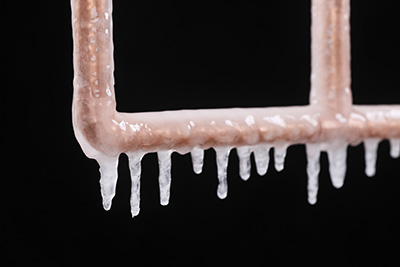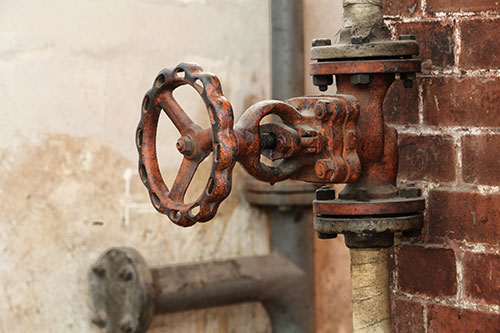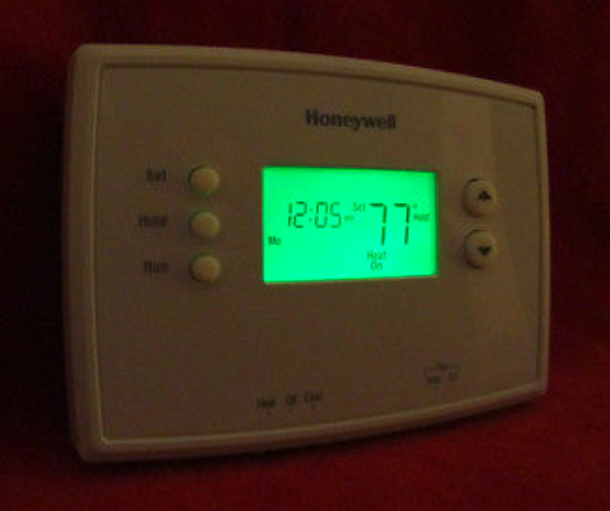 The pipes in any unheated part of your home or business are at risk for freezing in cold weather (i.e. attics, crawlspaces, wall voids).
The pipes in any unheated part of your home or business are at risk for freezing in cold weather (i.e. attics, crawlspaces, wall voids). So you’ve got a frozen pipe, what do you do? First, locate and isolate the frozen pipe. Trace the pipe backward from the faucet that has low pressure. If you are successful in isolating the frozen pipe, shut off that line. If you can’t isolate the line, it may be wise to turn off the water to the entire building.
So you’ve got a frozen pipe, what do you do? First, locate and isolate the frozen pipe. Trace the pipe backward from the faucet that has low pressure. If you are successful in isolating the frozen pipe, shut off that line. If you can’t isolate the line, it may be wise to turn off the water to the entire building. If the pipe is in a location that is not accessible, and you aren’t sure whether the pipe is burst, it’s best to call in the professionals. The Plumbing Artisans have the equipment to run an electric charge on the pipe (copper pipes), heating it up so that the ice will melt. If the pipe is pvc or pex and is in an inaccessible area, the plumbing artisans may need to create a small hole in the wall to get to the pipe and thaw it out. Properly thawing out a good pipe can save the pipe from bursting.
If the pipe is in a location that is not accessible, and you aren’t sure whether the pipe is burst, it’s best to call in the professionals. The Plumbing Artisans have the equipment to run an electric charge on the pipe (copper pipes), heating it up so that the ice will melt. If the pipe is pvc or pex and is in an inaccessible area, the plumbing artisans may need to create a small hole in the wall to get to the pipe and thaw it out. Properly thawing out a good pipe can save the pipe from bursting.